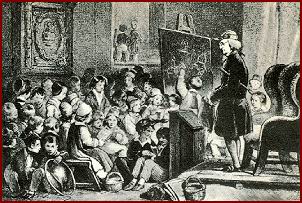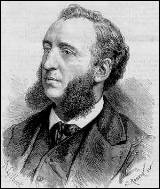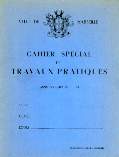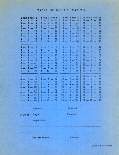
French politician. Several times Minister for the State education (of 1879 to 1883) and president of the Council (notam. of fév. 1883 at March 1885), it made vote the laws (1881 and 1882) instituting the exemption from payment, the secularity and the obligation of primary teaching, as well as laws on and the freedom of the press right to meet.

" You do not have to teach (...) anything which is not familiar to all the decent people. And when one speaks to you about mission and apostolate, you N ' will not mistake there you: you N ' are not the apostle D ' a new Gospel: the legislator wanted to make you neither a philosopher nor an impromptu theologist. He does not ask you anything qu ' one cannot ask any direction and noble-hearted man. To transmit to the children with school knowledge themselves the same principles of morals, this good and ancient morals (...) that we honour ourselves all to follow in the relations of the life, without us to put in sorrow to discuss the philosophical bases of them. You are the auxiliary and, in certain connections, the substitute for the father of family. Thus speak to his/her child as you would like that one spoke with yours. At the time of proposing to the pupils a precept (...), ask you if it is only one honest man who can be ruffled of what you will say. You ask if a father of family, I say only one, present at your class and listening to you, could refuse its assentissement in good faith so that it would intend to you to say. If so, abstain from. You will never touch with too much scruple to this delicate and crowned thing, which is the conscience of the child. "
| Jules Ferry thought that before the military service, the children were to go to the school. Therefore it made vote the laws of secularity, the obligation and the exemption from payment of the school. |  |
 |
 |